Published
- 05:00 am
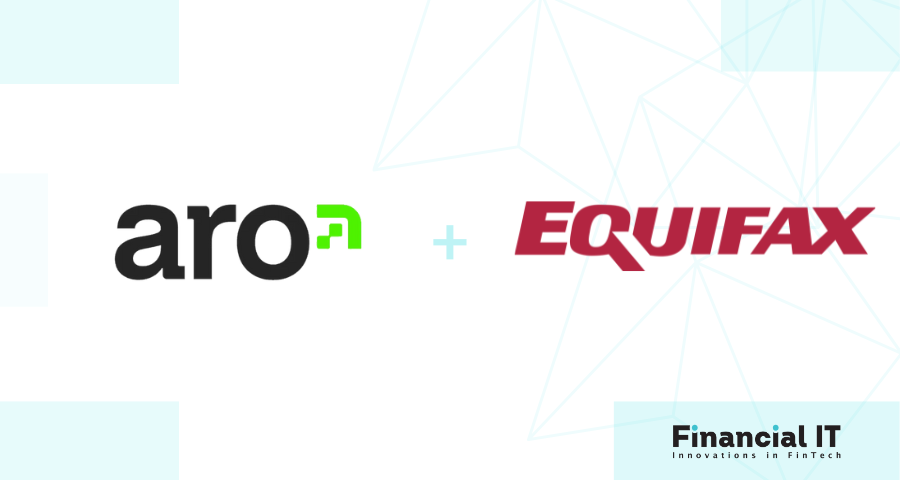
Aro, the UK’s go-to embedded finance partner for brands, has today announced a partnership with Equifax Limited to deliver a new credit card and loan solution for Equifax Marketplace. The solution enables consumers to compare credit cards, secured loan,s and personal loan products simply and find a financial product that suits their needs from the panel of lenders.
Aro’s data-driven matching platform enhances the chances of customers obtaining the financing they seek via machine learning models. Aro can offer the best possible credit options to its customers from over 70 of the UK’s leading lenders, matching consumers with the most appropriate lending products.
Through soft credit searches, which will not impact consumers’ credit scores, the new partnership with Aro will empower Equifax customers with greater transparency and choice, while promoting a competitive lending environment. This refreshed solution allows individuals to compare a variety of credit products easily; including personal loans and credit cards, tailoring their financial decisions to their specific needs, preferences, and current situations.
By simplifying the comparison process, Equifax encourages responsible borrowing. It assists consumers in making better-informed decisions taking into account the current economic climate as well as their long-term financial goals in a single, seamless marketplace solution.
Emma Steeley, Chief Executive Officer at Aro, explains: "Our new partnership with Equifax will continue to promote financial empowerment and create a transformative experience for more consumers. We’re pleased to be supporting Equifax to embrace innovation, transparency and data-driven insights, which will bridge the gap between lenders and borrowers to drive forward financial inclusion. Our mission is to redefine the lending landscape, ensuring that the power of our personal credit matching technology benefits everyone on their journey towards financial prosperity.”
William Napier, Product and Marketing Director for Consumer Solutions at Equifax UK, said: “Delivering the best value to our customers and empowering them to make the best possible financial decisions is at the heart of everything we do. A partnership with Aro felt like a natural progression for Equifax to deliver a better user experience for our customers. ”
Related News
- 08:00 am

Leading European Regulatory Technology (RegTech) scale-up Salv has broken new ground by becoming the first technology firm in Europe to secure a regulator-awarded licence to operate as a ‘Closed Service KYC Utility’ service provider.
The licence, granted five years after the standards and regulations were established by the Data State Inspectorate of Latvia in 2019, paves the way for financial institutions to collaborate whenever criminal activity is identified or suspected. By alerting their peers when financial crime is detected, firms can take action to limit or prevent it from escalating across the financial services ecosystem.
To become a trusted, licensed supplier of financial services intelligence data exchange services, Salv was required to prove corporate due diligence and demonstrate ISO/IEC 27001 certification, the highest levels of security, data protection and compliance. The licence will enable financial institutions to leverage Salv’s Bridge platform to help combat financial crime.
In 2023, customers of the four largest commercial banks in Latvia were defrauded of funds amounting to €12.7 million, while the amount of prevented cases reached €9.2 million, according to the data compiled by the Financial Industry Association. Also, more than €5.6 million were obtained illegally as a result of investment fraud €5.5 million as a result of telephone fraud, where customers have approved payments from their accounts. Compared to the previous year, 2023 also saw an 84% rise in investment fraud cases reported by financial institutions in Latvia, indicating a rapid rise in financial crime.
“Collaboration between financial institutions is beneficial for all, but it requires confidence in the security of the process and compliance with a range of regulatory requirements before it can be put into practice. We therefore congratulate all those involved for the work they have done to ensure that the opportunity is realised in practice,” commented Laima Letiņa, Advisor to the Finance Latvia Association. “Salv is the first regulatory technology company to meet the high quality standard and has obtained the Closed Shared KYC Utility licence issued by the State Data Inspectorate, which will enable the Latvian financial sector to fight money laundering more effectively.”
According to Bruno Puriņš, Salv Market lead in Latvia: “In securing this licence and exceeding the challenging security and regulatory requirements set by the Latvian Data State Inspectorate, Salv has proven that our solutions are fit for purpose and our organisation is trustworthy and robust. We are proud to have excelled under independent scrutiny. Our success in gaining this licence assures both current and future clients – in the Baltic States and more broadly across Europe – that it is now possible for the financial services community to unite against financial crime.”
Edgars Pastars, Senior Associate at Baltics legal advisory firm ZAB COBALT, said: “The use of collaborative customer intelligence tools to fight financial crime have been discussed globally for many years. Despite its modest stature, Latvia is at the forefront of innovation and has pioneered the development of standards and regulations that have transformed this concept into reality. We are proud to have advised the Latvian authorities and financial institutions during the initial licence creation process in 2019, and subsequently to have supported Salv in their pursuit of securing the licence.”
Related News
- 07:00 am
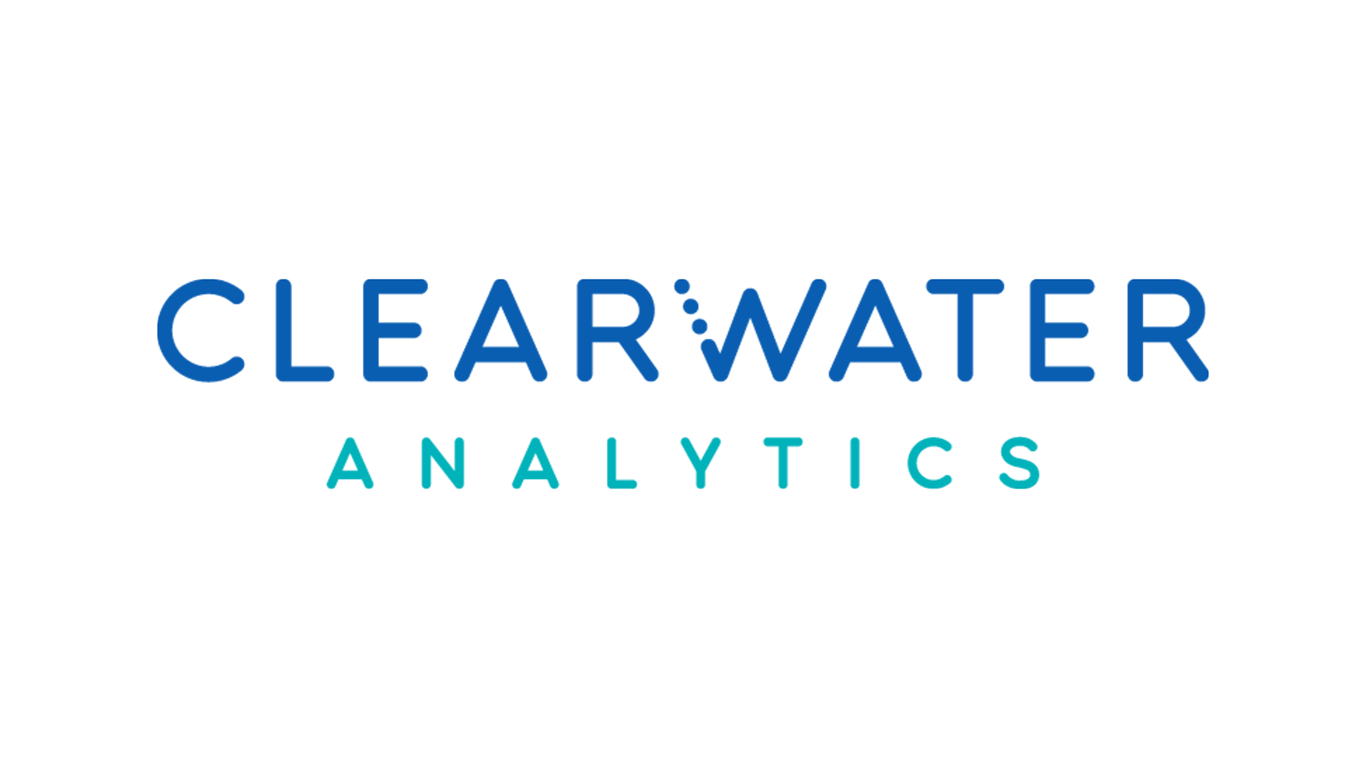
Clearwater Analytics, a leading provider of SaaS-based investment management, accounting, reporting, and analytics solutions, today announced the appointment of Keith Viverito as Managing Director, EMEA. With over 20 years of experience in high-growth companies serving financial markets, Viverito brings a strong track record of delivering exceptional results and a passion for people and customer success to Clearwater.
Prior to joining Clearwater, Viverito served as a Managing Director at BlackRock, leading Business Development for the Aladdin Business across EMEA. In his new role, Viverito will be responsible for accelerating Clearwater’s global expansion and strengthening its go-to-market strategy. His strategic vision, dynamic leadership, and unwavering commitment to colleague and customer success align well with Clearwater’s existing team and culture.
“We’re thrilled to welcome Keith to the leadership team,” said Sandeep Sahai, CEO at Clearwater Analytics. “Keith has a deep understanding of our industry and is a perfect fit to lead Clearwater’s expansion internationally. While he started his career in North America, he has spent over a decade in Europe and brings a unique perspective to our team. We look forward to his contributions as we expand globally, foster innovation across our comprehensive suite of product offerings, and achieve long-term success in EMEA and APAC.”
“I am honored to join Clearwater at this important time for our international business as we transition into our next phase of growth and accelerate our expansion across EMEA and APAC,” said Viverito. “The success the Company has already achieved with significant wins across these markets where Clearwater displaced legacy competitors provides a very strong foundation for growth. I look forward to partnering with the Company’s strong leadership on the ground in London, Paris, Edinburgh and Frankfurt, which will enable us to move quickly.”
Viverito has held executive and senior leadership roles at IHS Markit, FactSet, Thomson Reuters, and Tradeweb, with a focus on International Markets. Viverito holds a B.A. in Economics from The University of Illinois at Urbana-Champaign and an MBA from DePaul University Chicago.
Related News
- 09:00 am
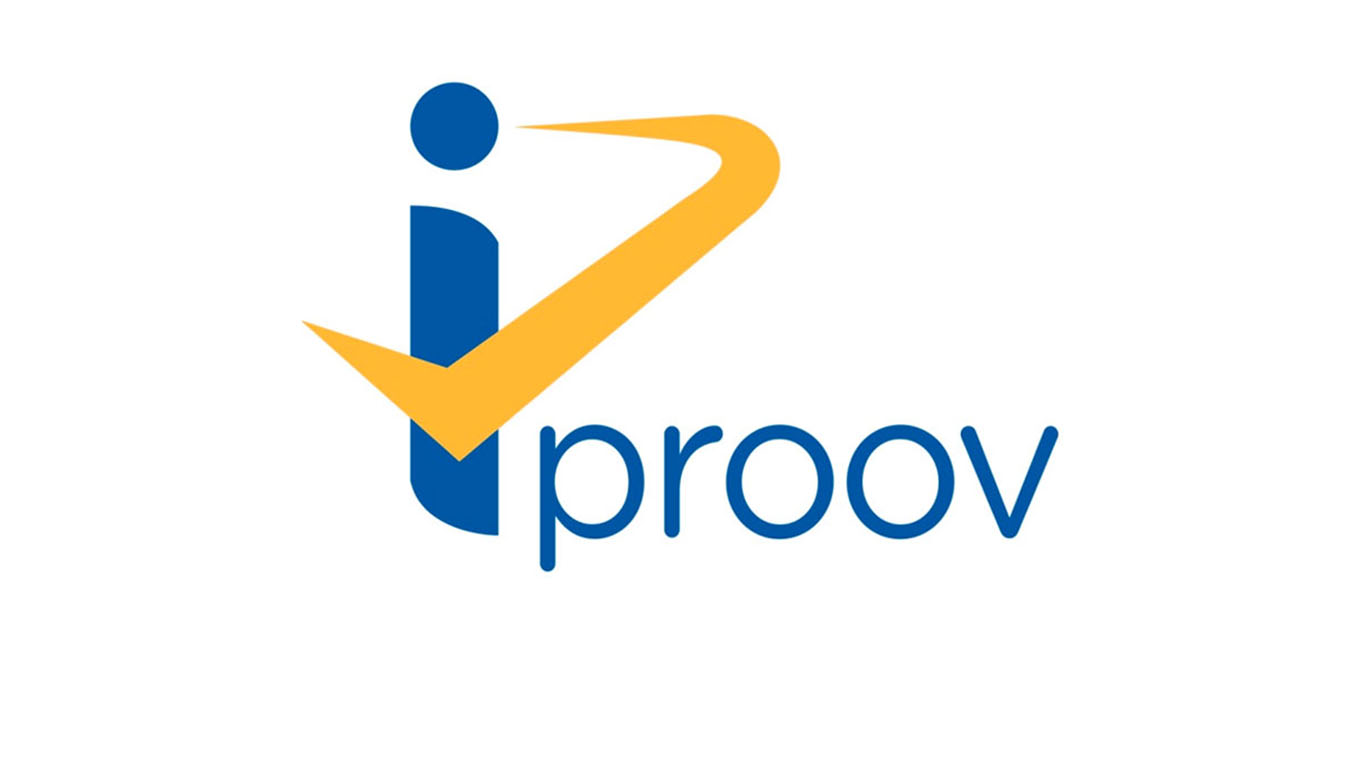
“Generative AI has provided a huge boost to threat actors’ productivity levels: these tools are relatively low cost, easily accessed, and can be used to create highly convincing synthesized media such as face swaps or other forms of deepfakes that can easily fool the human eye as well as less advanced biometric solutions. This only serves to heighten the need for highly secure remote identity verification,” says Andrew Newell, Chief Scientific Officer, iProov.
“While the data in our report highlights that face swaps are currently the deepfake of choice for threat actors, we don’t know what’s next. The only way to stay one step ahead is to constantly monitor and identify their attacks, the attack frequency, who they’re targeting, the methods they’re using, and form a set of hypotheses as to what motivates them.”
- A significant increase in packaged AI imagery tools deployed which make it far easier and quicker to launch an attack and this is only expected to advance.
- There was a 672% increase from H1 2023 to H2 2023 in the use of deepfake media such as face swaps being deployed alongside metadata spoofing tools. Presentation and digital injection attacks may have different levels of impact, but they can pose a significant threat when combined with traditional cyber attack tools like metadata manipulation.
Related News
- 07:00 am
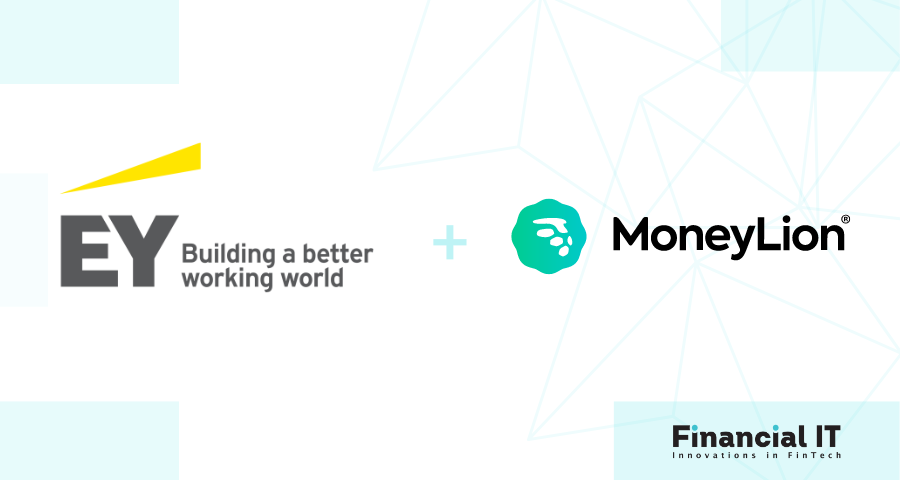
The EY organization today announces an alliance between MoneyLion Inc., a leading enterprise and consumer FinTech company, and Ernst & Young LLP (EY US), to help drive innovation and growth within the banking sector.
The Alliance leverages MoneyLion's embedded finance platform to help enhance the technological capabilities of traditional banking institutions. By doing so, the Alliance aims to simplify and streamline the transition into the digital realm, assist these institutions in overcoming the challenges of an increasingly fragmented financial landscape and help facilitate their ability to offer a wide range of financial services to consumers through an efficient, user-friendly digital platform.
With MoneyLion's embedded marketplace infrastructure and technology, data insights and content solutions combined with EY US teams' existing core-banking modernization offerings and Nexus for Banking Platform, the Alliance is designed to provide a comprehensive suite of FinTech solutions to help scale acquisition strategies and service models as well as foster organic growth and engagement within financial institutions' customer base.
Nikhil Lele, Financial Services Consumer Banking Leader and EY-MoneyLion Alliance Leader, Ernst & Young LLP, says:
"We are thrilled about the EY-MoneyLion Alliance's potential to transform the banking and financial services industry. Our Alliance brings together deep experience of EY US in technology integration with cutting-edge solutions from MoneyLion, launching a new enterprise strategy for the industry. This will help empower smaller or more traditional banks to scale rapidly and profitably with integrated digital financial solutions."
Dee Choubey, Founder and CEO of MoneyLion, says:
"Our Alliance with EY US represents not only a stride in innovation but a continued commitment to transforming the banking and financial services industry. With the combined strength of MoneyLion's technology and experience, we are setting a new standard for what banks and financial institutions can achieve and helping them change the way they engage with and cater to the evolving needs of today's digital consumer. This marks the beginning of a more adaptive, responsive and customer-focused banking experience, where technology and human-centricity go hand-in-hand to create a seamless financial experience for every user."
Related News
- 01:00 am
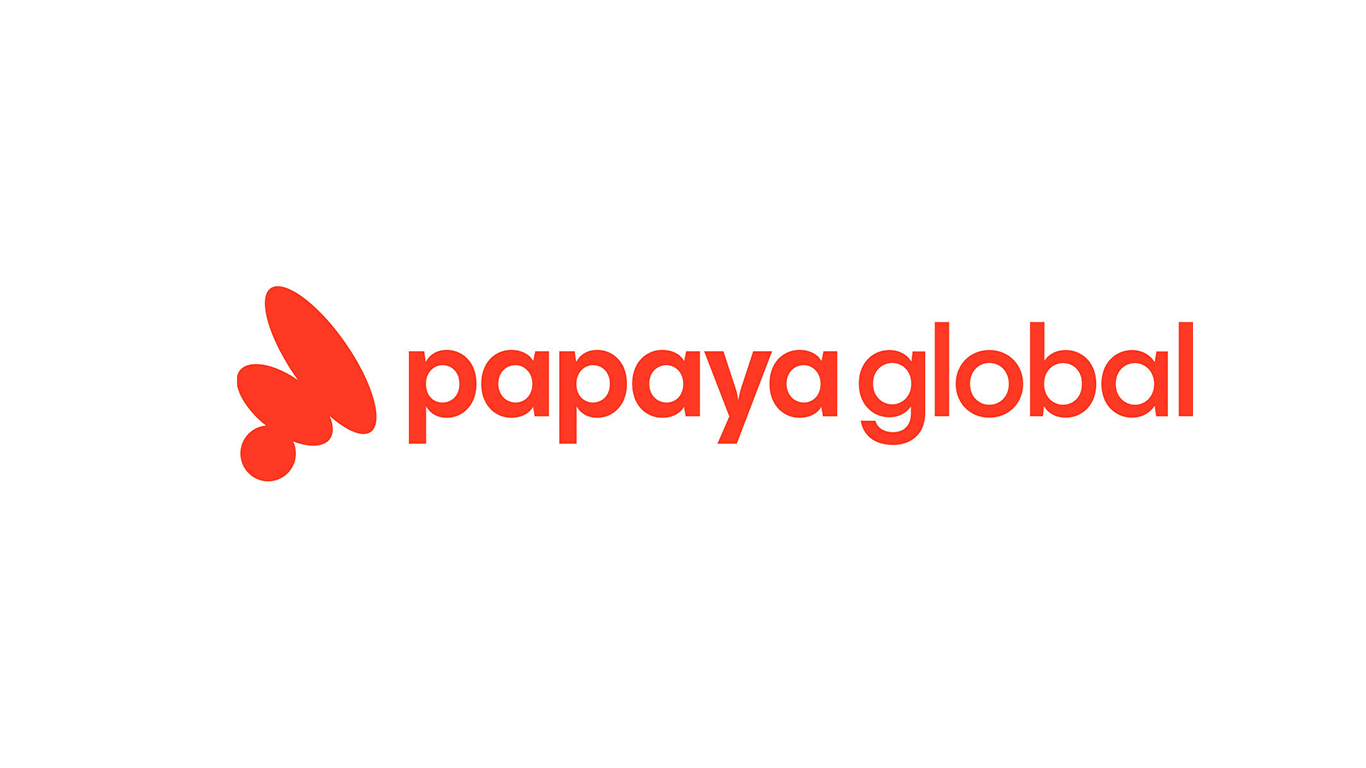
Papaya Global, the workforce payments fintech, invested two years and 864,000 engineering work hours building the first end-to-end workforce platform that executes worker payments.
This investment comes to a head with Papaya's Super Bowl debut.
"Payroll companies without embedded payments and AI technology, will simply not survive," says Zvika Liblich, Chief Strategy Officer at Papaya Global. "We believe that customers will demand solutions that cover them end-to-end, from payroll calculation to payment execution on one platform, and will support any employment model in any currency worldwide."
Papaya's AI-powered payroll validation engine enables the management of all types of workers and paying them in local currencies in any location, providing native connectivity with existing payroll systems. Thanks to these capabilities, global organizations can now scale their workforce, while protected by Papaya's full compliance and liability.
Papaya is making its first Super Bowl appearance, bringing ping-pong to football's main event. Its 30-second "Small balls. Big Game" ad features multiple self-bouncing ping-pong balls, showcasing Papaya's game-changing AI-powered workforce payments platform.
The creative team includes Emmy Award winner Matt McCarron, Webby and Cannes Award winner Jonathan Vingiano, and Super Bowl ads veteran Alon Seifert. The spot was directed by Rob Leggatt and shot by Billions cinematographer Jake Polonsky. This is the first Super Bowl ad by McCann Tech.
Related News
- 05:00 am
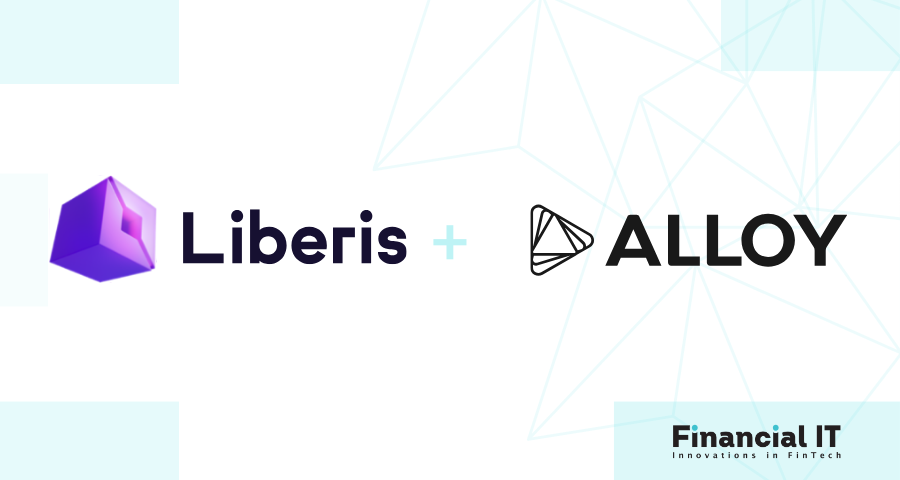
Liberis, the leading global embedded finance platform, today announced a partnership with Alloy, the identity risk management company behind over 500 of the world's leading banks and fintechs. The partnership will enable Liberis to leverage Alloy's platform to fast-track its global growth, and simplify the merchant experience by integrating automated compliance verifications into the funding application process. Additionally, it will facilitate the creation of custom, white-labeled onboarding experiences for partners.
"We're excited to partner with Alloy to help us achieve our global growth goals," said Alexis Alexander, Chief Legal & Compliance Officer of Liberis. "Alloy's platform will allow us to enter new markets quickly, optimise our merchants' fully digitalised application for funding and scale to meet our partners' demand, while also maintaining our high standards for compliance."
Alloy's platform provides Liberis with access and integrations to a global network of over 190 data sources that help streamline KYC, KYB, and AML processes while also preventing financial crime.. This will enable Liberis to onboard merchants in new markets quickly and efficiently.
"We are thrilled to be partnering with Liberis to add them to our growing list of global clients," said Tommy Nicholas, CEO at Alloy. "Alloy is designed to help businesses take control of fraud, credit, and compliance risk, while growing with the clearest picture of their customers. We're confident that our partnership will help Liberis achieve its goals and provide its merchants with a seamless onboarding experience."
The collaboration between Liberis and Alloy will streamline the funding application process for merchants, minimizing the paperwork involved. Most merchants will experience a smooth and seamless application process, with compliance verifications happening behind the scenes. In cases where further documentation is necessary, Liberis will offer a bespoke, white-label experience that aligns with the needs and standards of both merchants and their partners.
"We hold ourselves to high standards on compliance, and we know it's very important to our partners," said Alexander. "But adding compliance checks can mean friction in the application journey. Using Alloy, we will be able to reduce this for most customers, whilst never compromising on a fully compliant process".
Liberis is committed to growing in a scalable way. By partnering with Alloy, Liberis can reduce the engineering resources required to support its international expansion and meet its compliance requirements. This allows Liberis to focus resources on its core mission of providing merchants with the funding they need to grow and thrive through their partners.
Related News
- 01:00 am
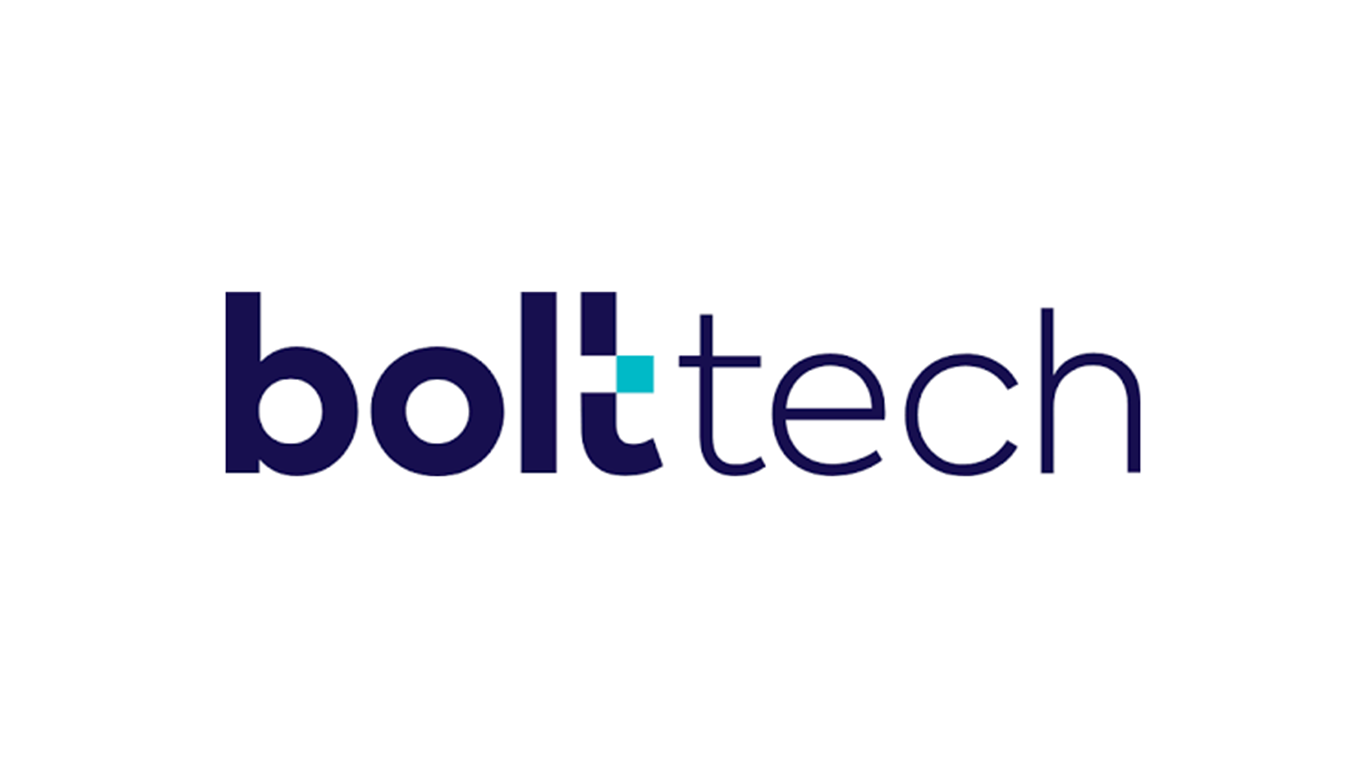
bolttech Insurance, the Hong Kong general insurance arm of international insurtech bolttech, has launched MyTravel, a comprehensive travel coverage plan for customers, their families, pets and belongings. The product is available exclusively through FWD's online insurance platform, a direct-to-customer platform providing a faster and smoother insurance experience.
MyTravel distinguishes itself by covering customers for changes in travel dates or trip cancellations for any reason. This benefit is offered in the MyTravel Superior plan, providing reimbursement for up to HKD25,000, subject to a cap at 50% of the applicable public transportation and accommodation charges. Additionally, under MyTravel, customers will be reimbursed for the costs of a missed event, such as a concert, in cases where insured members experience sickness or accidents. This coverage extends up to HKD3,000 and HKD15,000 under the Premium and Superior plans respectively.
"With many of us having exciting travel plans ahead, we are delighted to give our customers peace of mind with bolttech Insurance's MyTravel product, offering coverage benefits for travel reimbursements and medical coverage. Whether you are travelling for leisure or business, MyTravel is the perfect plan to protect against the many risks of travel," said Alister Musgrave, Regional General Manager, Hong Kong & Taiwan, bolttech.
Paul Tse, Chief Marketing and Digital Officer, FWD Hong Kong and Macau, said, "At FWD, we're committed to changing the way people feel about insurance by consistently developing digitally-enabled and customer-led insurance products and services. MyTravel exemplifies our commitment to presenting an innovative product that caters to customers' growing protection needs and enhances the experience of purchasing insurance online. We look forward to supporting more people to celebrate living by traveling with MyTravel."
MyTravel covers a broad range of age groups from 60 days to 80 years of age. All insured members can enjoy the same medical expenses limit of up to HKD1,500,000, along with access to 24-hour worldwide emergency assistance services. This ensures comprehensive protection for the entire family during vacations. MyTravel also includes special pet coverage, such as emergency pet boarding in the event of travel delay at HKD500 per day under the Premium and Superior plans.
MyTravel safeguards personal items such as mobile devices or laptops in the event of theft or robbery during travel. Any loss of sports equipment, including ski gear, is protected with the MyTravel Premium and Superior plans for up to HKD5,000 per item.
Related News
- 02:00 am
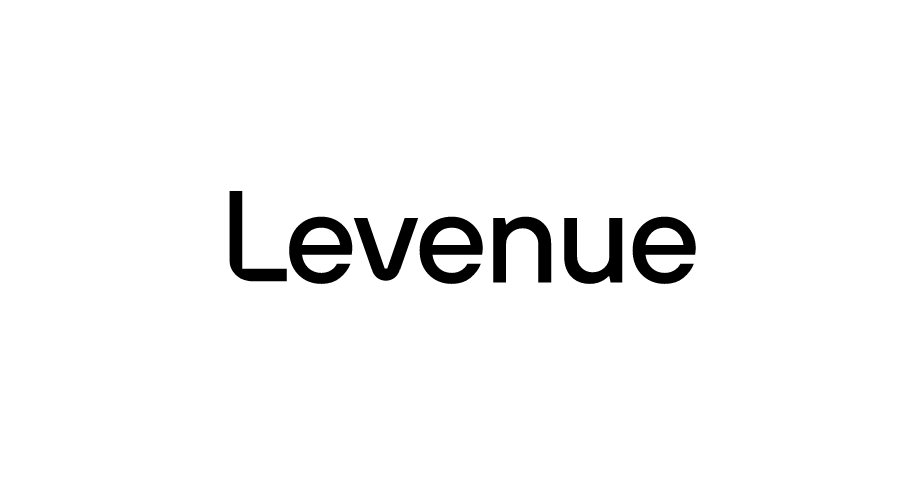
Levenue, Europe’s largest revenue-based financing marketplace, is pleased to announce the appointment of Rolf Hickmann to its board of directors. The addition of Hickmann, a distinguished data modelling expert and well-respected industry veteran, reflects Levenue's commitment to creating a more transparent model for connecting entrepreneurs and investors by materially enhancing Levenue’s underwriting capabilities.
With a well-documented background in data-driven solutions and a proven track record of transforming the SME landscape, Rolf began his entrepreneurial journey as the Founder and CEO of pH Group, later acquired by Experian. He also led analytics at ThinCats, an SME peer-to-peer lending platform; his specialisation in this domain complements Levenue’s existing knowledge base, particularly in the strategic utilisation of private company data to streamline informed financing decisions. He has also been actively involved with the Centre for Alternative Finance at Cambridge University (CCAF), where he served as a Research Fellow. His commitment to advancing knowledge in alternative finance aligns seamlessly with Levenue's mission.
Hickmann said of the appointment “Joining Levenue as a board member is exciting for three reasons; Firstly, Levenue's business model and product structure showcase a remarkable level of ingenuity. The adaptability and flexibility inherent in the Levenue approach addresses a long-standing challenge: the absence of bankable assets in growing SMEs, while still leveraging their future cash flows. This approach sets Levenue apart. Beyond that, what intrigues me is Levenue's proactive stance in tackling the financial constraints faced by growing SMEs. Lastly, the synergy of the team adds a compelling dimension to the Levenue experience. Reflecting on my own entrepreneurial journey, I recognize the pivotal role a strong team plays in success. Levenue embodies the ideal combination of a revolutionary business concept and an exceptional management team.”
Rolf envisions Levenue making a significant impact not just in its current focus areas but also in expanding its reach to different market segments. Highlighting the potential to partner with entities like neobanks and explore new algorithms to support a broader range of companies. As Levenue continues to make advancements in the data and funding landscape, the addition of Rolf to its board further solidifies its position in providing financing to the dynamic needs of growing recurring revenue businesses.
Ben Rieder, CEO and Co-founder of Levenue, expressed his excitement about Rolf's appointment, stating, "We are delighted to welcome Rolf to Levenue's board of directors. His extensive career dedicated to leveraging both public and private data sources for modelling risk in the SME lending space is a perfect companion to our existing proficiency in utilising private company-specific data. Through his experience at pH Group and strategic leadership at ESF/ThinCats, he will bring invaluable insights to our team. His vast experience, particularly in understanding SME behaviour, will play a pivotal role in shaping our approach. We are confident that Rolf's commitment to being a thought leader in the alternative finance space will be instrumental in driving forward Levenue’s growth.”
Related News
- 08:00 am
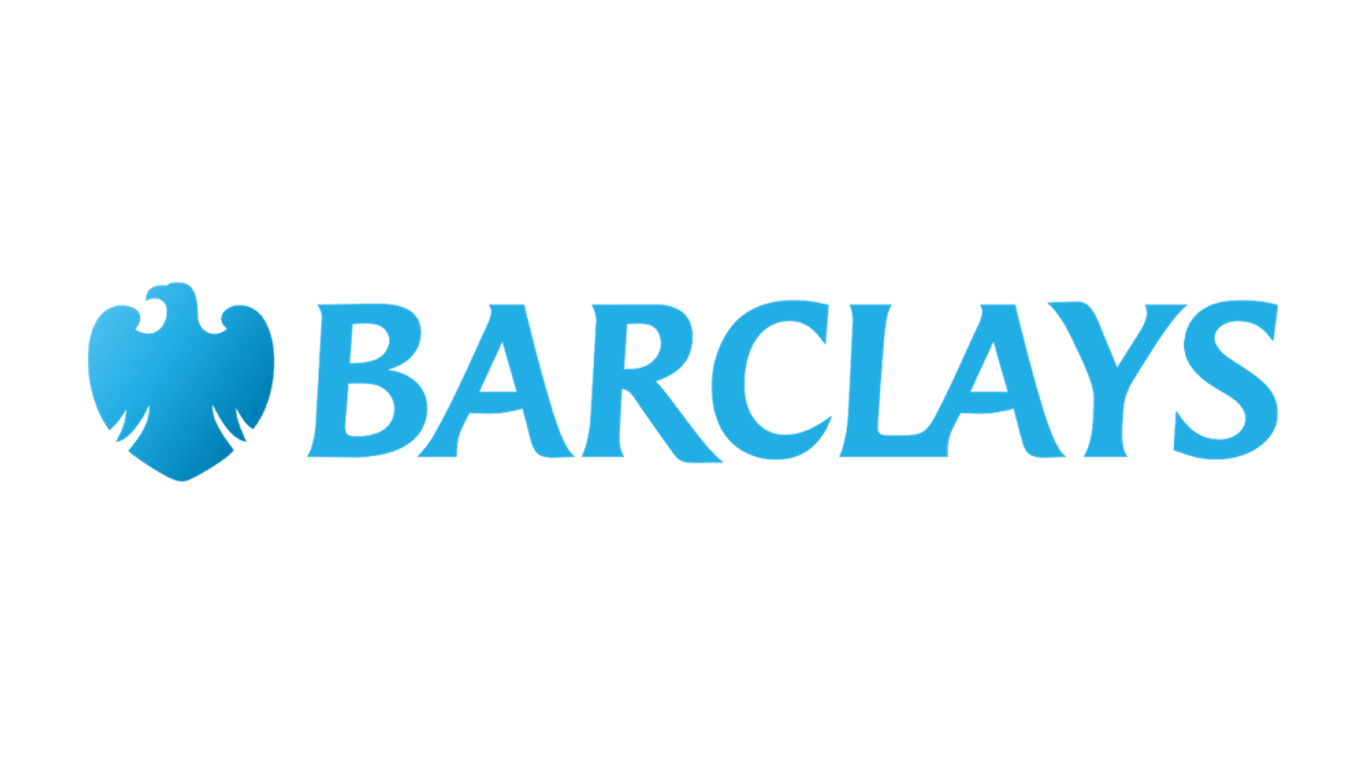
Consumer card spending grew 3.1 percent year-on-year in January – less than the latest CPIH* inflation rate of 4.2 percent, yet higher than December’s growth of 2.3 percent. Retail, hospitality, and leisure spending slowed as Brits stayed at home to shelter from the cold weather and save money after a busy festive period. However, pointing to improving optimism, consumers’ confidence in both their household finances and ability to spend within their means reached its highest point in over two years.
Spending on essential items increased by 4.2 percent – noticeably higher than in December (1.8 percent). This was largely driven by a recovery in fuel spending, in light of the new energy price cap coming into effect on 1 January, which saw a smaller decline (-9.7 percent) compared to December (-12.5 percent). Growth in supermarket spending increased to 5.2 percent – up from 2.8 percent in December – on par with the growth seen in October (5.2 percent) and November last year (5.0 percent), as UK consumers returned to their regular routines after the Christmas break.
Supermarket deal-seeking continues in 2024
As concerns around rising food prices remain high (87 percent), two-thirds (67 percent) are continuing to look for ways to reduce the cost of, or get more value from, their weekly shop.
Of these consumers, half (47 percent) are using loyalty schemes or vouchers to get money off shopping. Two in five (39 percent) are shopping at multiple supermarkets to source a range of deals, while a similar proportion is buying discounted products nearing expiration, or “yellow sticker” items (38 percent). In addition, almost a fifth are cutting back on buying meat, fish, or other animal products as well as alcohol (both 18 percent), while 16 percent have even been buying discounted festive food to save money.
‘Staying in for the win’ this Valentines Day
Supermarket savings are also expected to impact Valentine’s Day celebrations, especially when it comes to gifts and food. Valentine’s Day is typically one of the busiest dates in the calendar for florists, second only to Mother’s Day – last year, transactions at florists on 13th February were up 450 percent compared to the daily average for the year*. However, half of those intending to buy flowers this year say they will save money by buying them from the supermarket instead of a florist. Similarly, a supermarket meal deal is on the menu for just over two in five of those making a home-cooked meal.
Other cost-saving strategies include spending the evening at home instead of going out (21 percent), setting a spending limit for gifts (18 percent), and forgoing presents altogether (16 percent).
Even with these cutbacks, Brits expect to spend slightly more this Valentine’s Day compared to last year (up £6.40), likely due to rising prices. In total, the average love bird expects to spend £80.30 – with men expecting to spend over 50 percent more than women (£96.70 compared to £60.70 for women).
Home comforts over big nights out
Spending on non-essential items increased 2.6 percent in January – consistent with the growth seen in December and November last year, at 2.5 percent and 2.7 percent respectively. This comes as over two-fifths (43 percent) of consumers say they are planning to cut down on discretionary spending due to rising household bills, with many tightening their belts after the festive season.
Spending on takeaways and fast food was up 5.5 percent year-on-year in January, with those that spent money on food-to-go forking out £55 on average each. Meanwhile, digital content and subscriptions had yet another bumper month, up 11.4 percent, following December’s 11.6 percent boost, as Brits embraced nights in, enjoying new releases such as ‘Mean Girls’, ‘The Traitors’ and ‘Fool Me Once’.
This shift in behavior, as well as the popularity of Dry January, meant that bars, pubs, and clubs saw a smaller uplift (6.5 percent) than in December (7.9 percent), while restaurants faced a steeper month-on-month decline (-11.6 vs -8.8 percent). Of those planning to limit discretionary spending throughout the winter, three in five (59 percent) said they will be cutting back on eating out at restaurants.
Colder weather chills high-street spending
More shoppers opted to browse the post-Christmas sales from the comfort of their homes instead of the high street in January. On Boxing Day itself, face-to-face retail spending was down 10.9 percent year-on-year, likely due to the cold weather and the arrival of Storm Isha and Storm Jocelyn, as well as several major retailers opting to keep their doors shut. Encouragingly, this was offset by a 10.7 percent jump in online retail spending.
Looking at January as a whole, 57.6 percent of all retail shopping (excluding groceries) was online – the highest share of online spending in this category since February 2022. Meanwhile, clothing stores saw a -0.6 percent decline, though this was a slight improvement compared to December (-2.0 percent).
Optimism prevails
While rising household bills remain a concern for the majority (88 percent), the nation is feeling more optimistic overall, with consumers’ confidence in both their household finances and ability to live within their means reaching its highest point since November 2021 (70 percent and 74 percent respectively).
Karen Johnson, Head of Retail at Barclays, said: "After a December filled with festive indulgence, Brits took on a more frugal approach in January, choosing to stay at home more often to save money and shelter from the winter weather.
“This meant that online retail performed strongly, as shoppers browsed the sales from the comfort of their sofas, while demand for digital content and takeaways remained robust, boosted by the release of popular new film and TV releases such as ‘The Traitors’ and ‘Fool Me Once’.
“While this shift in behavior resulted in subdued growth for hospitality and leisure, it’s encouraging that confidence is improving, with consumers remaining resilient and finding savvy ways to manage their finances.”
Jack Meaning, Chief UK Economist at Barclays, said: “Increasing consumer confidence is a positive message for the UK outlook in 2024, as we see inflation continue to fall, real incomes rising, and growing signs that interest rate cuts are coming. Spending looks to be on an upward trajectory, set to increase more than inflation in the coming months, which will be an important milestone for consumers and businesses who were squeezed throughout 2023.”









